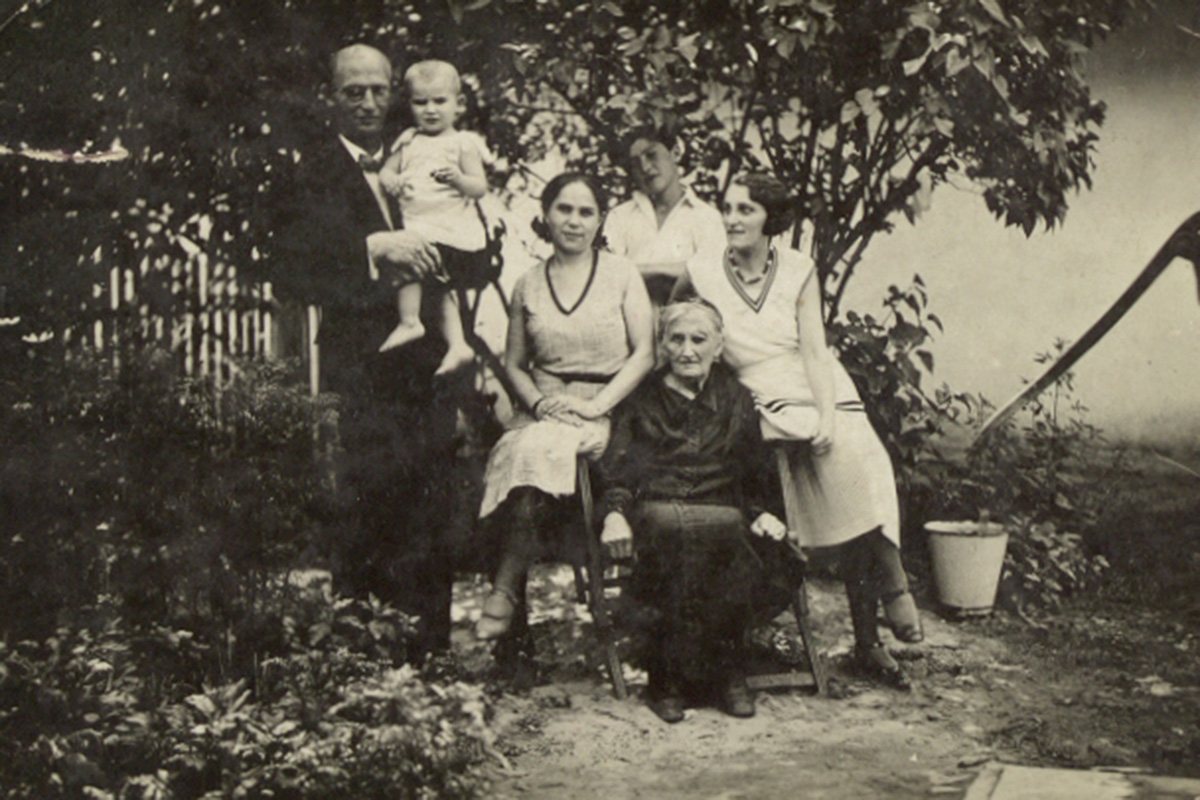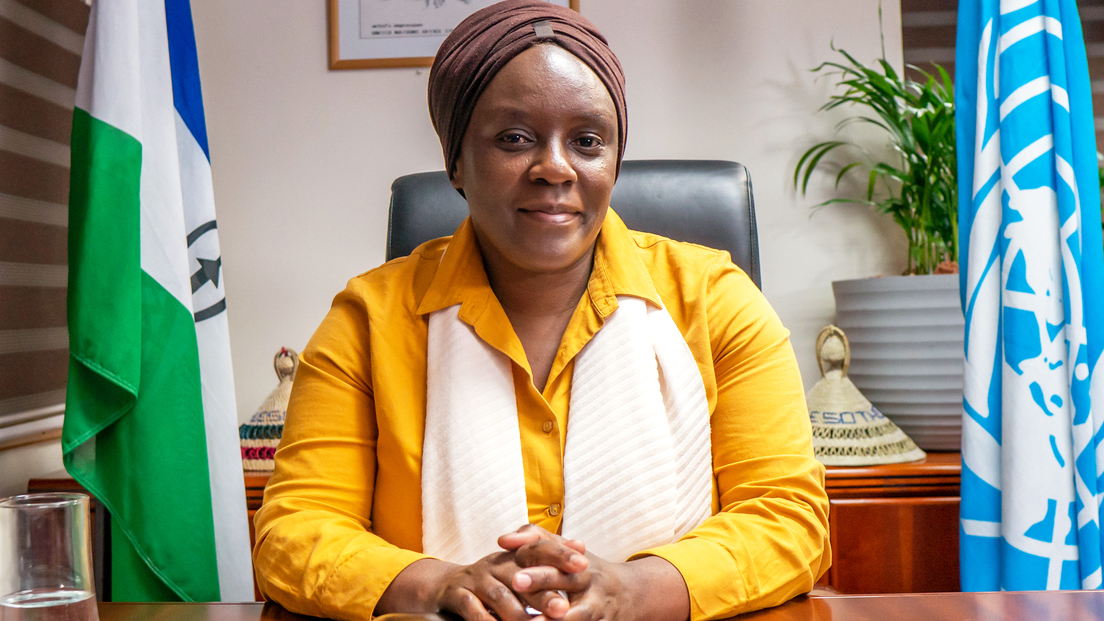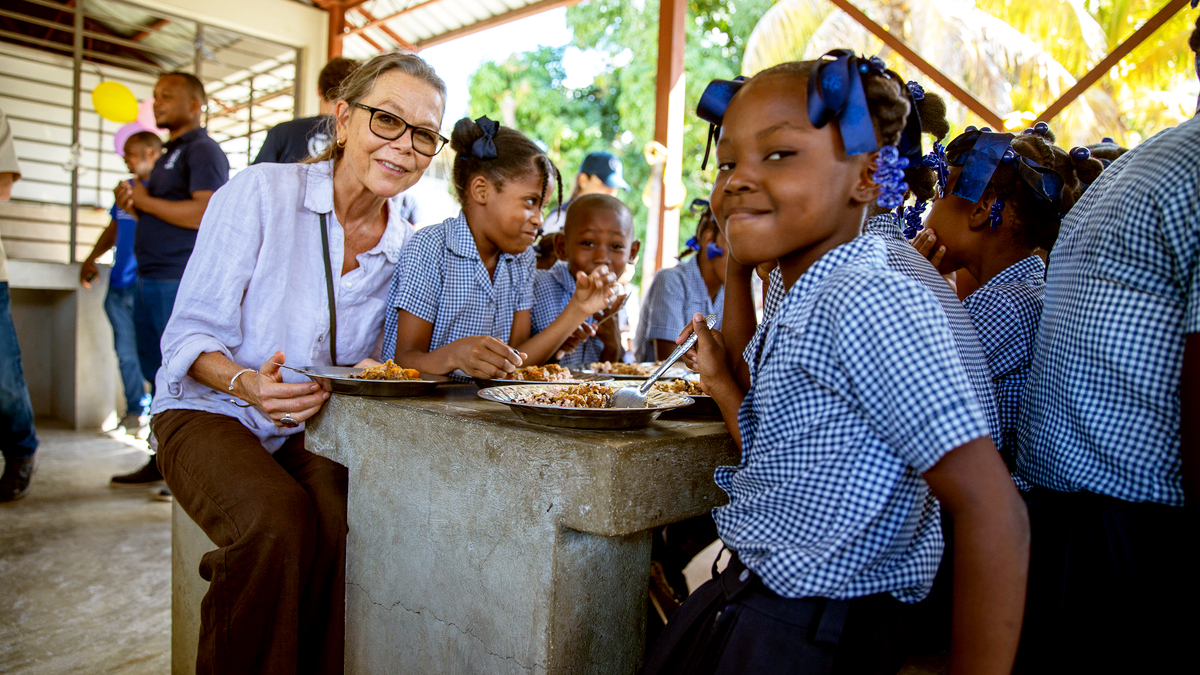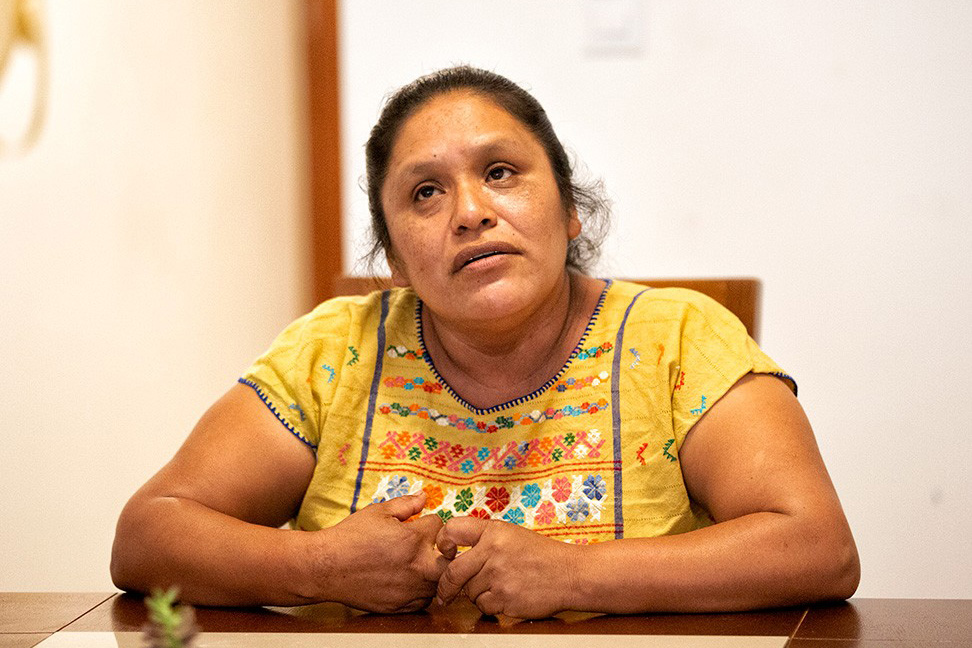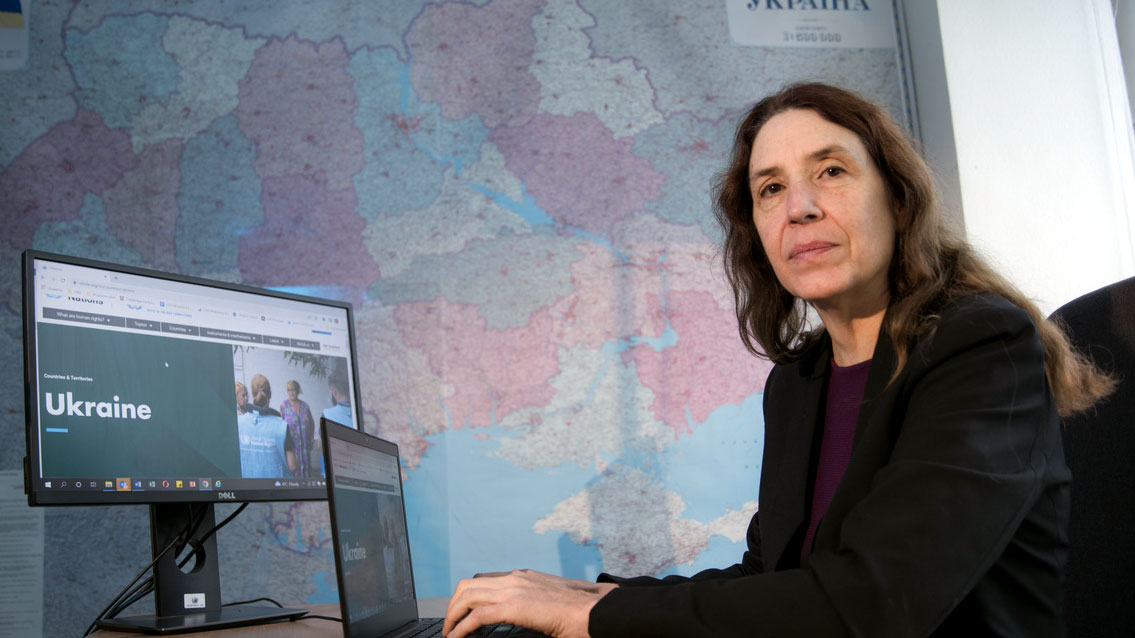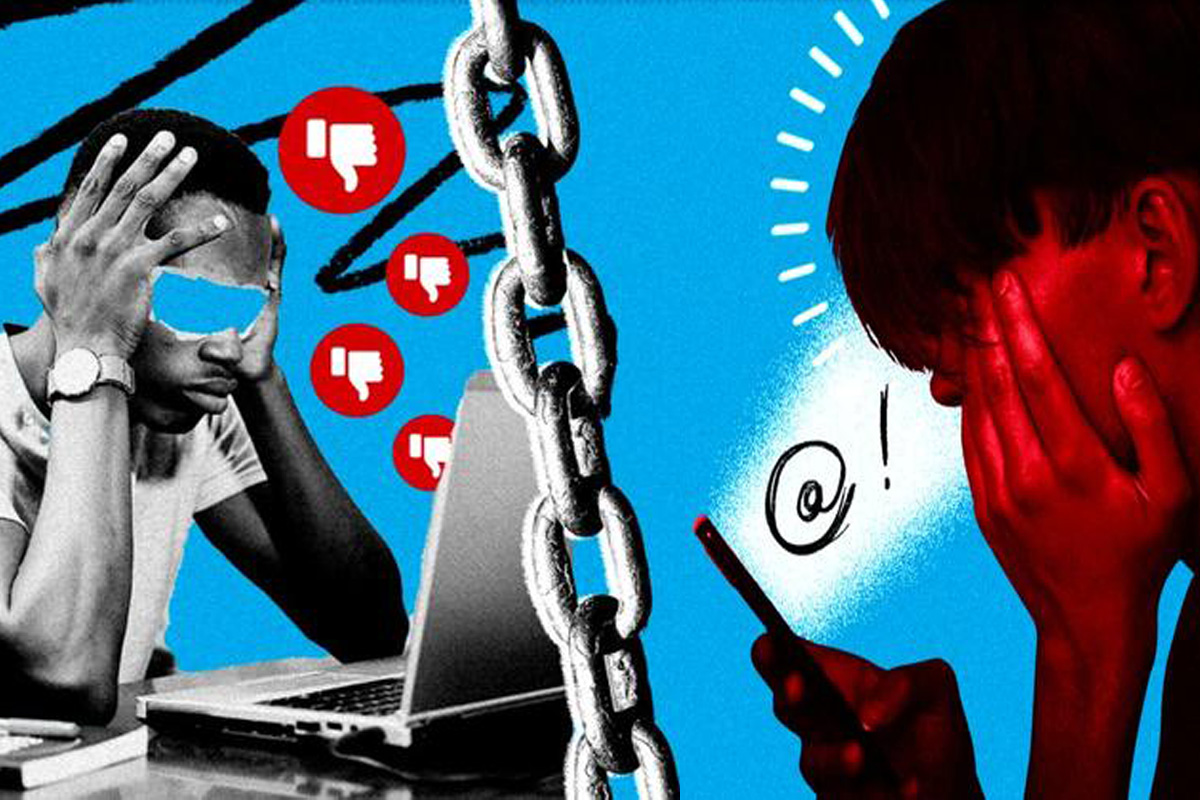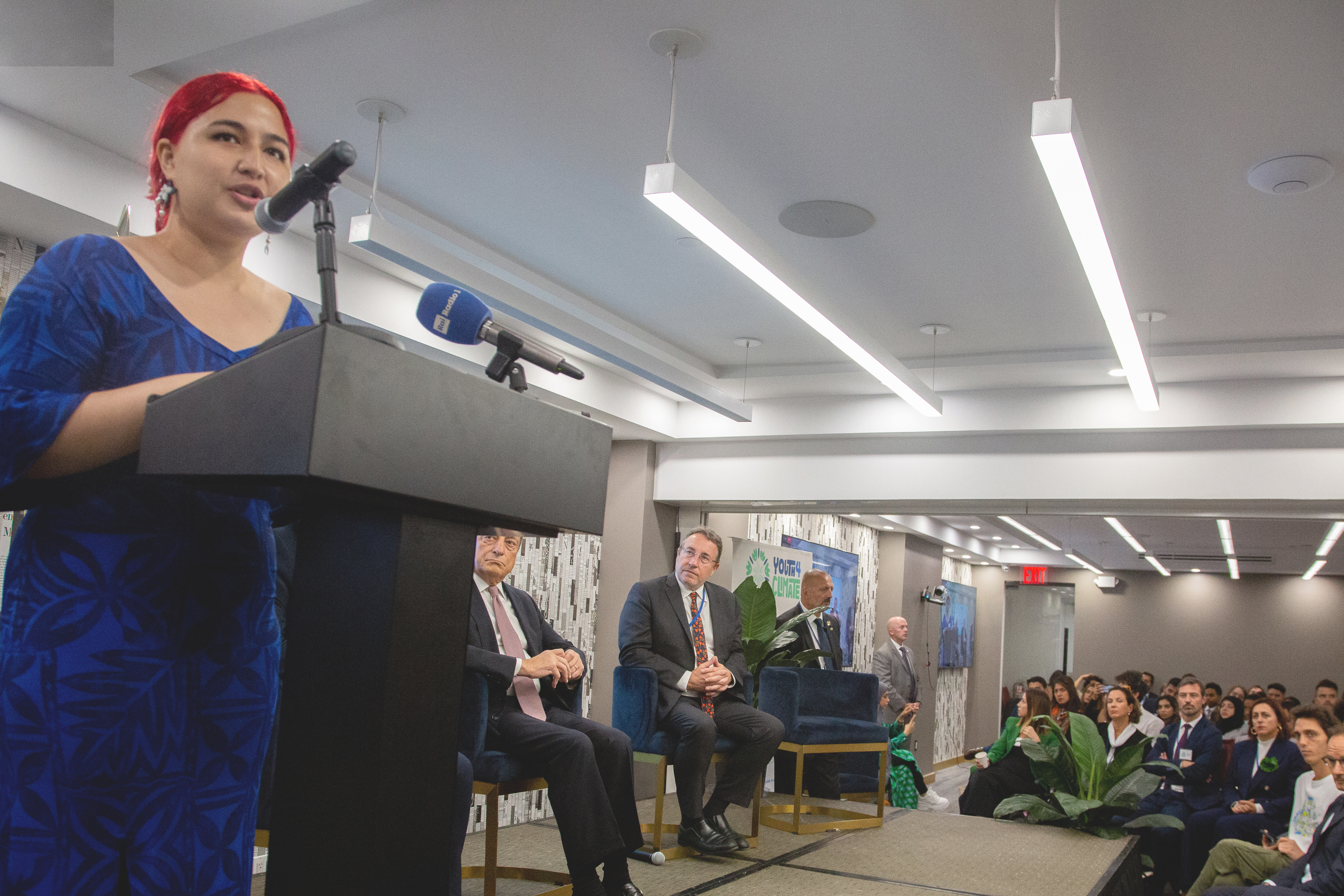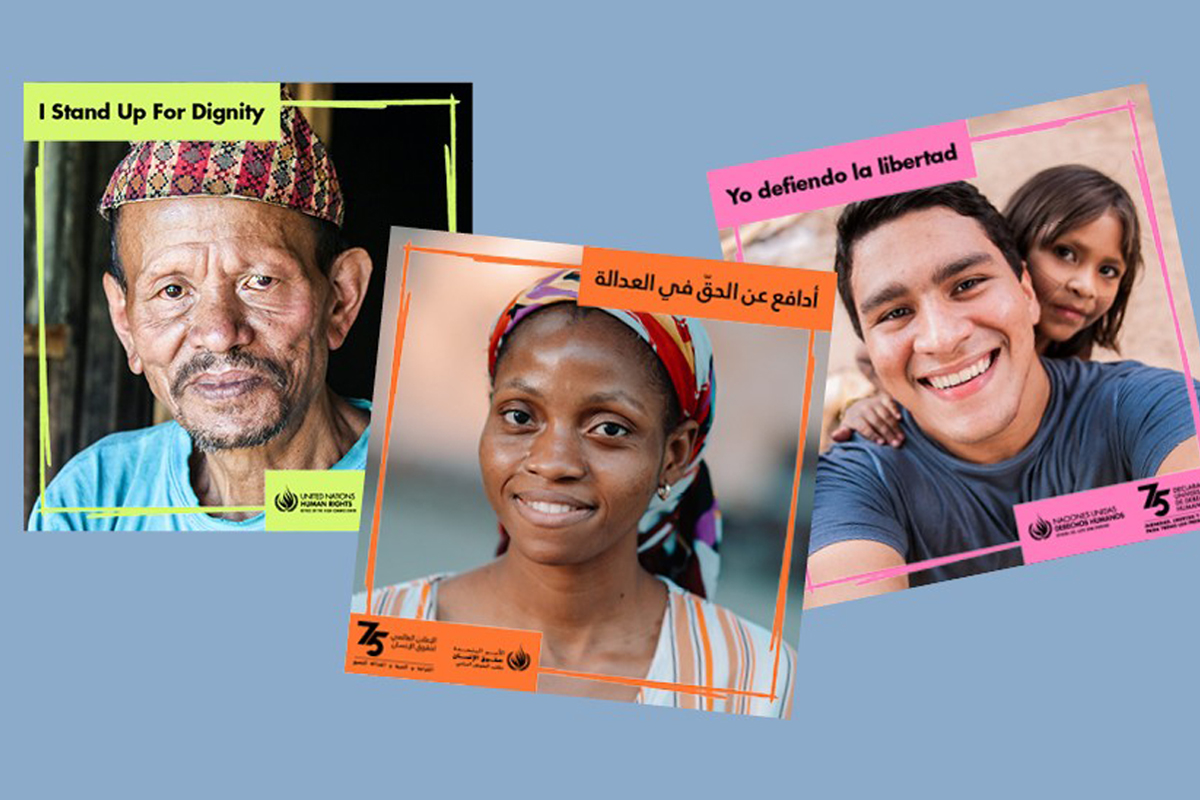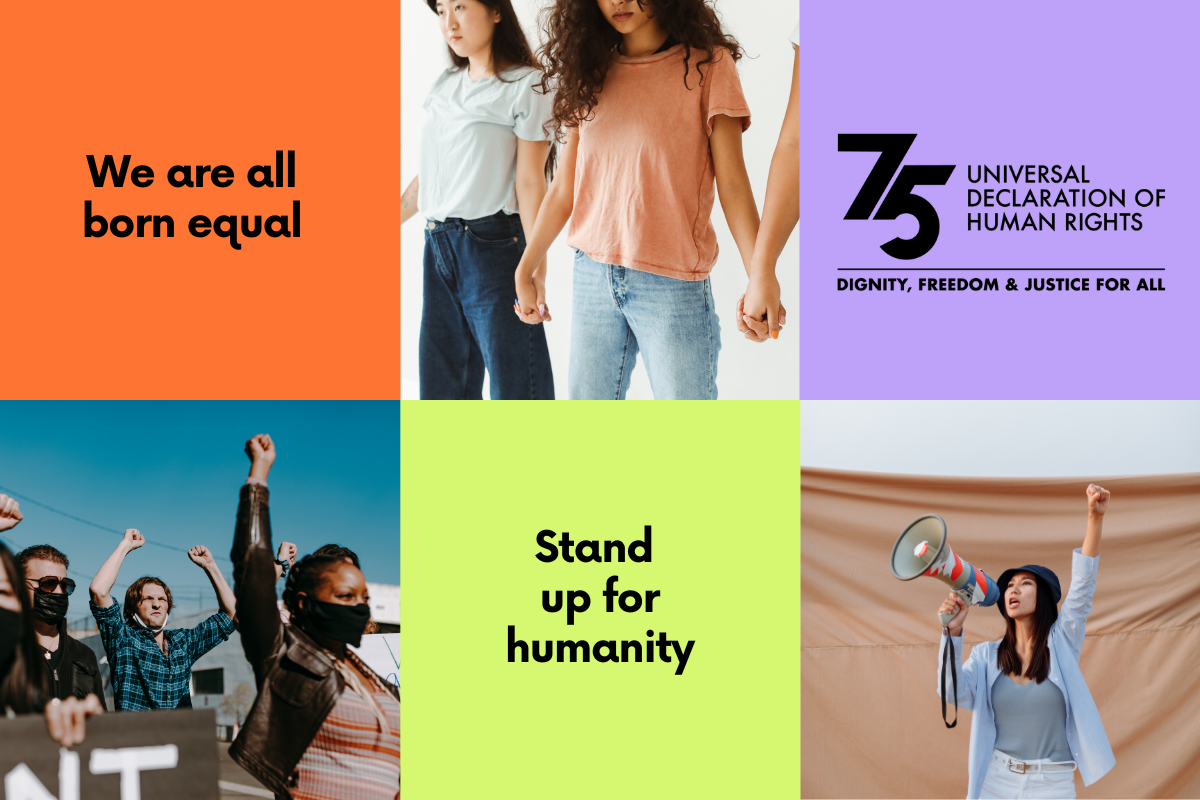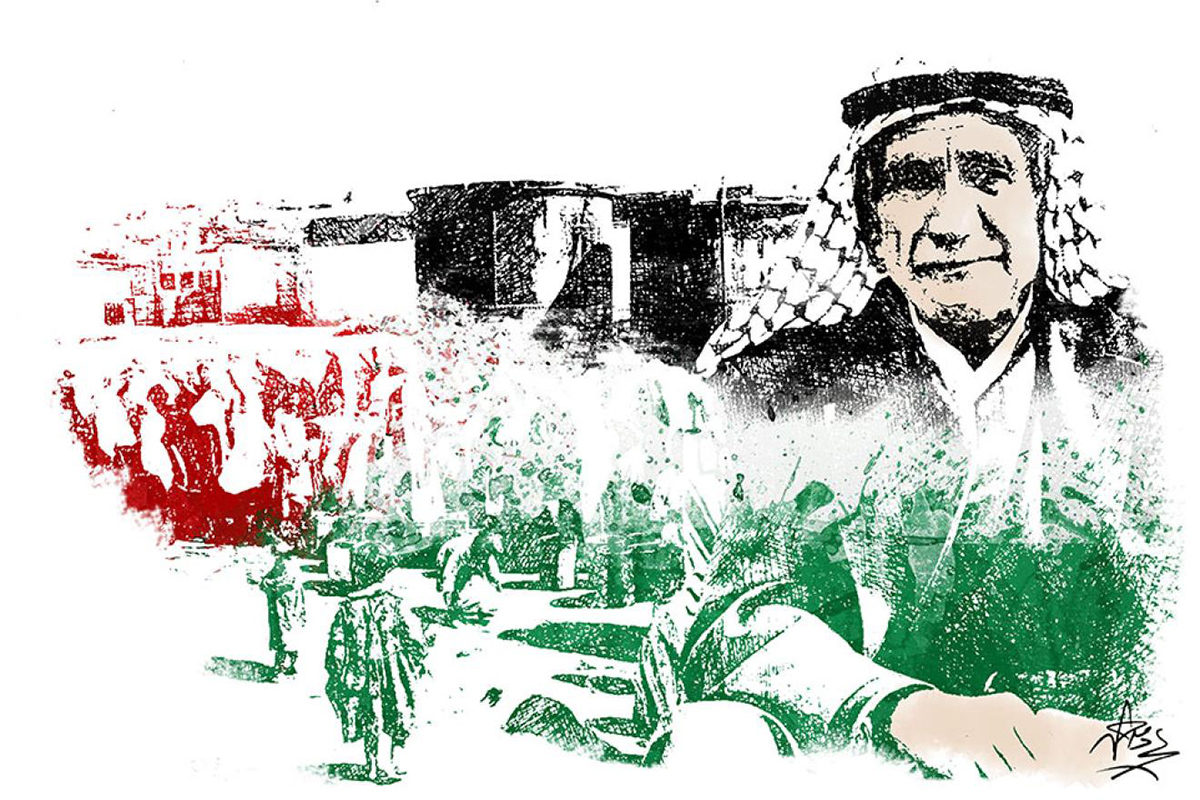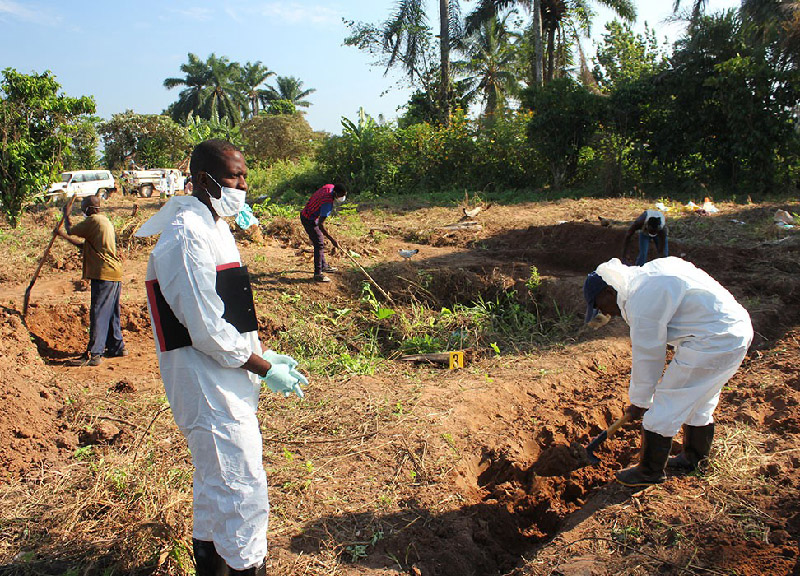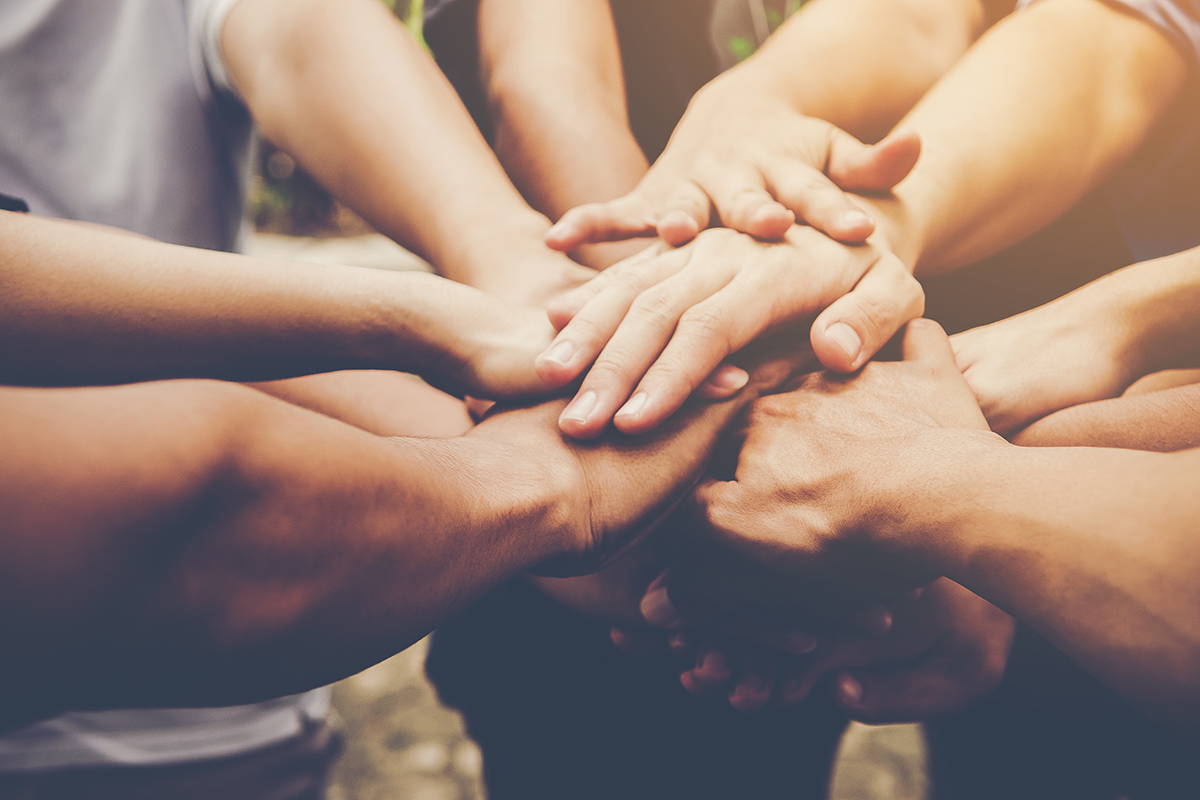In 1933, the Nazi Party took control of Germany and put its ideology into practice, identifying who could claim Germany as home. The process of exclusion went beyond legislation and propaganda campaigns of disinformation and hate speech, to state-sanctioned acts of terror. This year’s International Day of Commemoration in Memory of the Victims of the Holocaust explores how victims adjusted their ideas of “home” and “belonging” as they faced the violent, antisemitic onslaught of the Holocaust. Holocaust remembrance and education can inform our response to the plight of contemporary victims.
Human Rights
“I realized I'm a black person and that people see the color of my skin first, before they see who I am and what I'm capable of doing…that was the rude awakening.”
With her writing, Amanda Khozi Mukwashi wants to change the conversation on race, gender, and identity. Now United Nations Resident Coordinator in Lesotho, she has written a book exploring the struggle for equity and the historical baggage of slavery and colonization. “Let's talk about it a little more freely, not for it to hold our hands and tie them, but for it to liberate us to think differently.”
Moving back to the UK after leaving a high-level development post in Zambia, Amanda Khozi Mukwashi got tired of being asked where she was really from. In this episode, she reflects on the discrimination she has faced, on the rich family history she inherited from her grandmother, and on discovering her own multifaceted identity.
"There are so many good people at the UN, all trying to make the world a bit better. It sounds idealistic, but we are idealistic. It is an idealistic organization."
Ulrika Richardson has dedicated her life to the UN. As Resident and Humanitarian Coordinator in Haiti, her belief in the organization’s idealistic values drives her to brave dangers in her mission to alleviate the suffering she has witnessed. “When you see people suffer, those images stay with you … that keeps you awake, and it *should* keep you awake.”
Life in Haiti remains precarious. Armed gangs, cholera, and fuel and food shortages mean violence, hunger, disease, deprivation are everyday hurdles for millions of Haitians. In this episode, Ulrika reflects on the scale of suffering, on preserving the dignity of those in need, and on the importance of saying goodbye.
Human rights are standards that recognize and protect the dignity of all human beings. Human rights govern how individual human beings live in society, as well as their relationship with the State and the obligations that the State have towards them. Human rights law obliges governments to do some things and prevents them from doing others. Individuals also have responsibilities: in using their human rights, they must respect the rights of others. By integrating human rights in development cooperation, UNICEF ensures inclusive processes where those most vulnerable are not forgotten.
The hashtags that pepper social media may seem innocuous. UN Human Rights helped #QueremosAObtilia (#WeWantObtilia) go viral, leading to the release of abducted human rights activists.
“It's a very complicated job, but it is meeting people and finding out their stories. It's giving voices to victims. That's what motivates me.”
Matilda Bogner’s job is to bear witness to unspeakable crimes. As head of the United Nations Human Rights mission in Ukraine, she and her team record accounts of horrific abuses and rights violations in a bid to bring the perpetrators to justice and ease the victims’ suffering.
Russia’s invasion of Ukraine has devastated millions of lives. Civilians have been subjected to summary executions, disappearances, arbitrary arrests, and mass rape. In this episode, Matilda Bogner reflects on the scale of these horrors, the mental health impact of documenting them, and on her urgent quest to raise the alarm with the rest of the world.
“I still find it difficult to understand that people can treat each other in these ways. It never makes sense to me.”
The devastating effect of hatred is sadly nothing new. However, its scale and impact are now amplified by new communications technologies. Hate speech – including online – has become one of the most common ways of spreading divisive rhetoric on a global scale, threatening peace around the world. In UNiting Against Hate, a new eight-part United Nations podcast, we will show how hate speech manifests itself in different parts of the world, showcasing the work of activists who are bringing about positive change. Find out more about the UN's #NoToHate campaign.
This year the United Nations General Assembly agreed that all people have the right to a clean, healthy and sustainable environment. The new universal human right has been confirmed, giving activists across the world new tools in their fight against the devastating effects of climate change and biodiversity loss. It comes at the same time as the UN Biodiversity Conference (COP15) and at the start of a year-long campaign to mark the 75th anniversary of the Universal Declaration of Human Rights, a milestone in human history.
On Human Rights Day (10 December), UN Human Rights will launch a year-long campaign to promote and recognise the 75th anniversary of the Universal Declaration of Human Rights (UDHR 75), which will be celebrated on 10 December 2023. The year-long campaign will showcase the UDHR by focusing on its legacy, relevance and activism using the slogan, “Dignity, Freedom, and Justice for All.” The UDHR 75 campaign will promote the universality of human rights and empower everyone, especially young people, to stand up for human rights.
The Universal Declaration for Human Rights (UDHR) consists of the fundamental human rights and freedoms to which all of us, everywhere around the world, are entitled. It guarantees our rights without distinction of nationality, place of residence, gender, national or ethnic origin, religion, language, or any other status. This year's Human Rights Day (10 December) launches a year-long campaign to showcase the 75th anniversary of the UDHR by focusing on its legacy, relevance and activism. Join us in promoting the day by sharing digital resources on your social media or learn how to take action.
Gender-based violence is one of the world’s most pervasive human rights’ violations. Every woman in every part of the world deserves to live without fear, threats and violence. UNFPA is taking action to prevent, respond to and address gender-based violence (GBV) in more than 150 countries.
The Question of Palestine has been on the agenda of the United Nations since the Organization’s earliest days. Yet, despite all efforts, this question remains unresolved and continues to require urgent attention from the international community. On this International Day of Solidarity with the Palestinian People, learn more about the history of the issue, from the origins of the Palestine problem, to the granting of Observer State status by the General Assembly. You can also watch live the UN Palestinian Rights Committee Special Meeting starting at 10:00 a.m. EST.
In March 2017, the Human Rights Council expressed its concerns at the human rights crisis in the Greater Kasai in the DRC and the need to bring the perpetrators of serious human rights violations to justice. The violations committed in the region included massacres of civilians, who were buried in numerous mass graves. In June that same year, a Technical Assistance Team was set up by the Council and was deployed to Kananga, Kasai Central Province. In October 2021, the team’s mandate was expanded to cover the entire national territory of the DRC.
Tolerance is respect and appreciation of the rich variety of our world's cultures, our forms of expression and ways of being human. Tolerance recognizes the universal human rights and fundamental freedoms of others. People are naturally diverse; only tolerance can ensure the survival of mixed communities in every region of the globe. On this International Day for Tolerance (16 November), the United Nations strengthens its commitment to strengthening tolerance by fostering mutual understanding among cultures and peoples.
ILO, the Federation of Professional Footballers' Associations, and former football star Didier Drogba launched a campaign to raise awareness among young Ivorian football players of the risks of exploitation and human trafficking linked to poorly prepared emigration. The campaign’s objective is also to make young football players aware of their rights and give them useful tools and advice.

